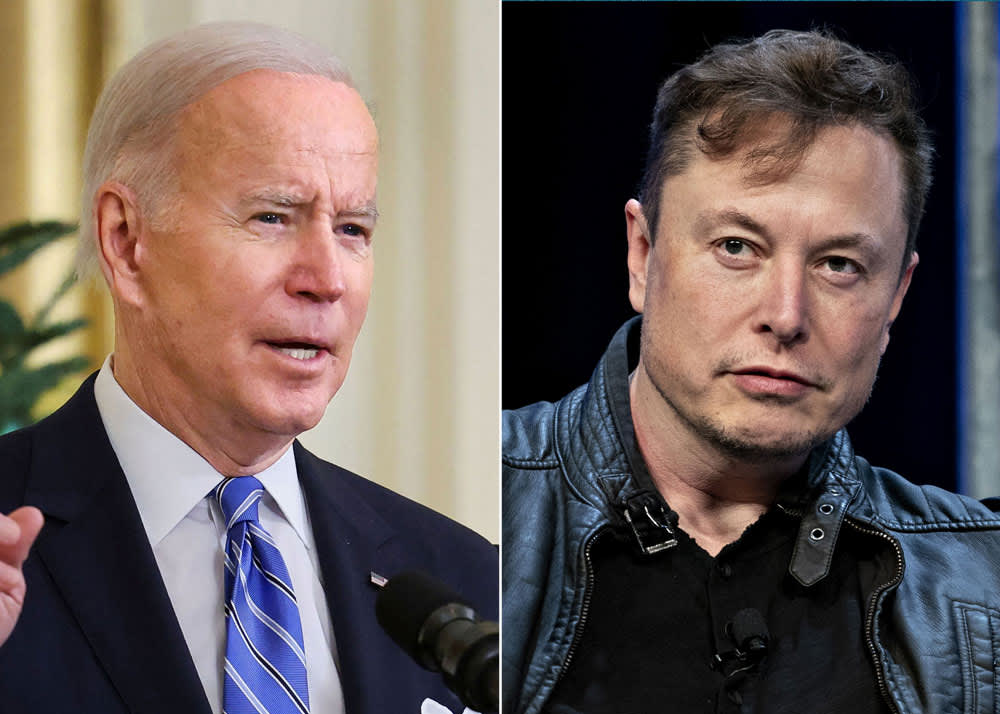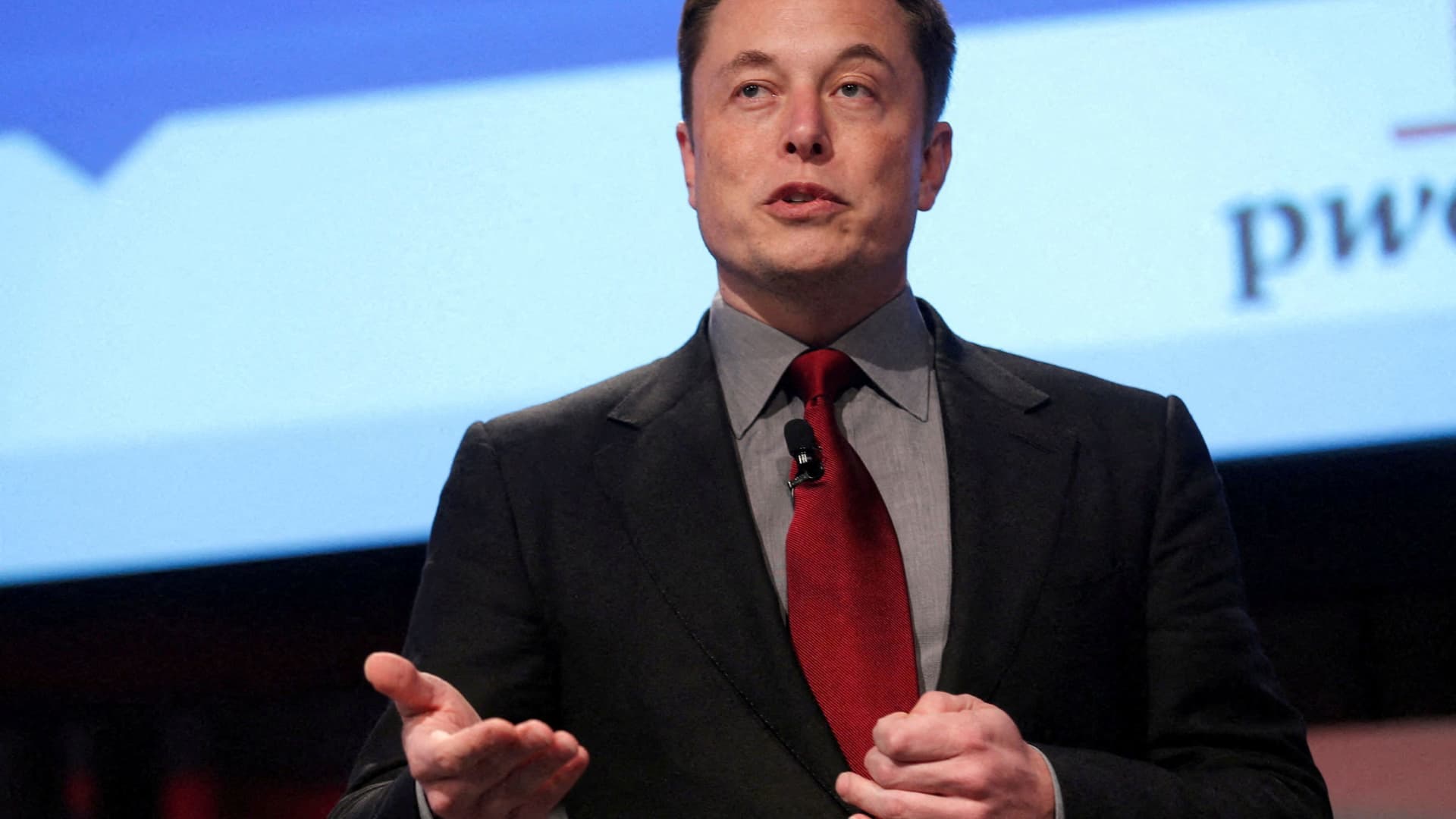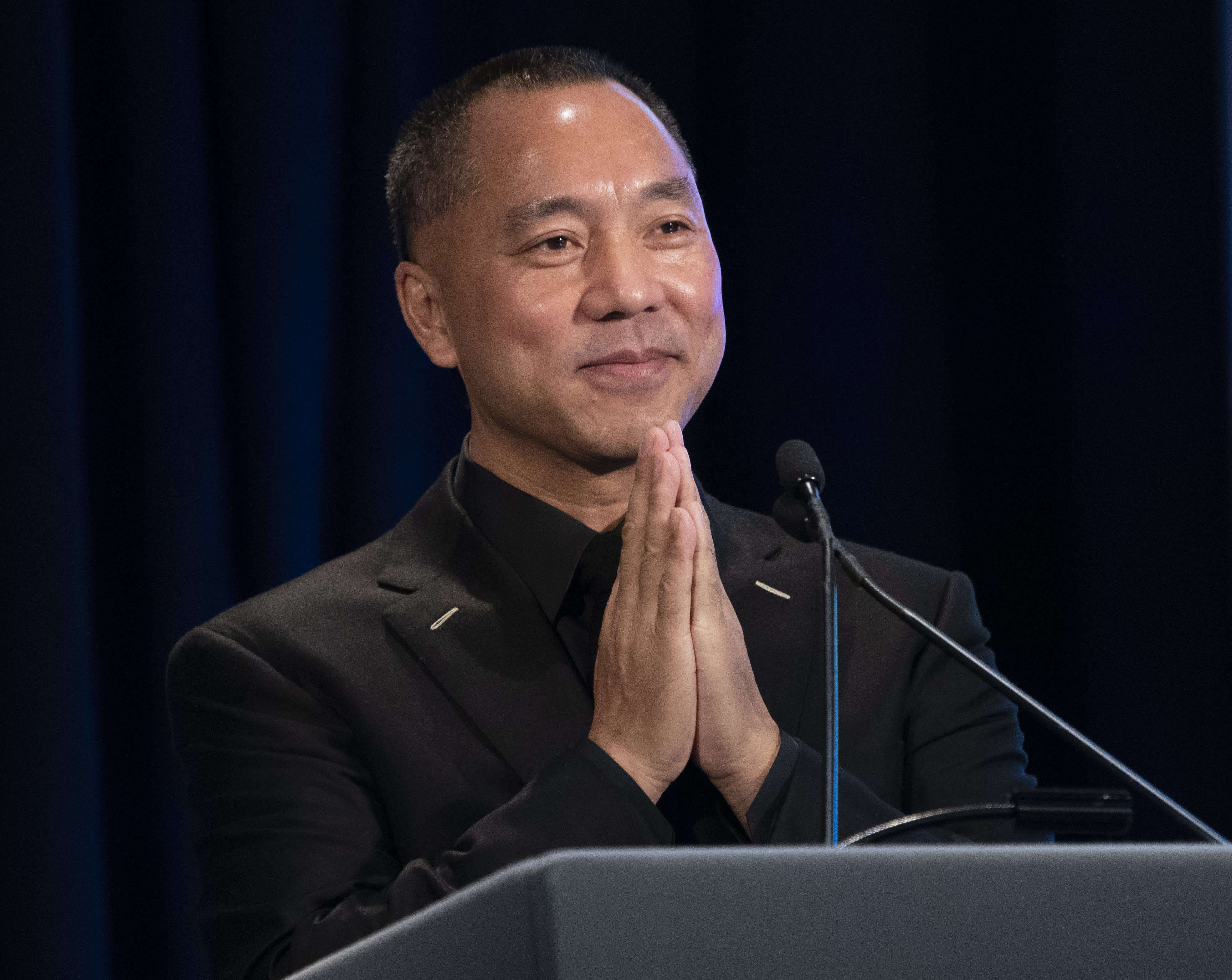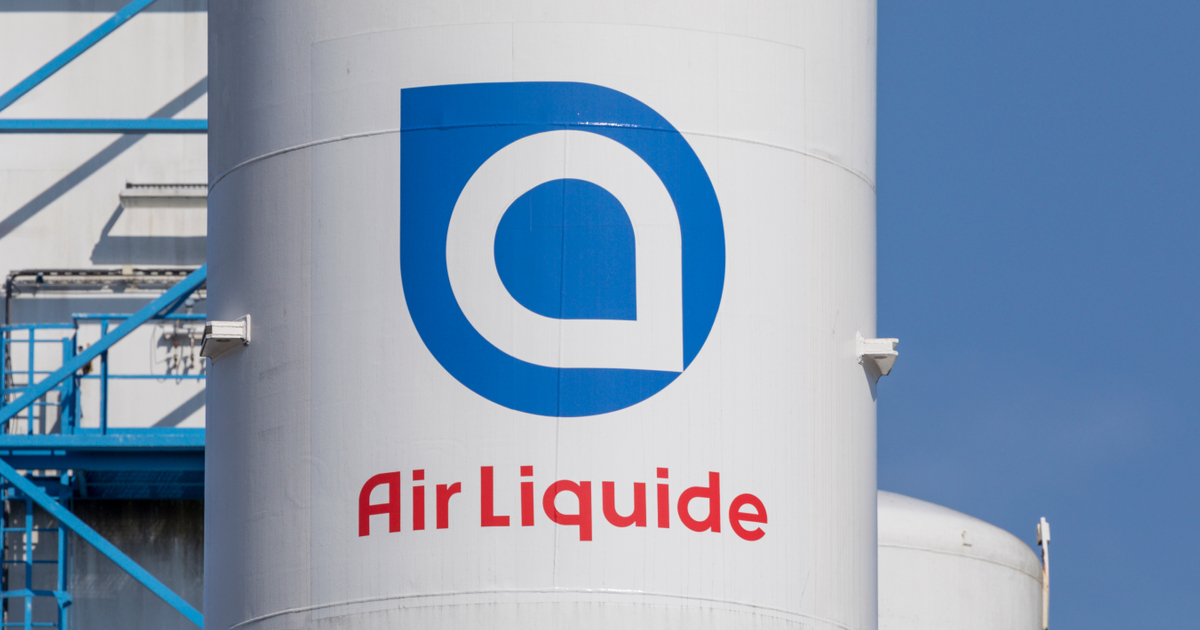Nicola Sturgeon announces shock resignation as Scottish first minister
Nicola Sturgeon has announced her shock resignation as Scottish first minister, saying her departure is not the result of short-term pressures.

Scotland's first minister, Nicola Sturgeon, has
Chris Ratcliffe | Bloomberg | Getty Images
Nicola Sturgeon announced her resignation as Scottish first minister in a surprise press conference in Edinburgh on Wednesday, saying her departure is not the result of short-term pressures.
She said serving in the role for more than eight years had been a "privilege beyond measure, one that has sustained and inspired me in the good times and through the toughest hours of my toughest days."
"However, since my very first moments in the job, I have believed the part of serving well would be to know almost instinctively when the time is right to make way for someone else. In my head and in my heart, I know that time is now," she said.
She added she would remain in office until her successor was elected, with a timetable due to be announced by the Scottish National Party in the coming days.
"I've been trying to answer two questions – is carrying on right for me, and more importantly, is me carrying on right for the country, my party, and the independence cause I have devoted my life to," Sturgeon said.
In recent months, she has faced criticism and praise over legislative reform led by the SNP, which would make it easier for people to change their legal gender and lower the age at which they can do so, from 18 to 16.
Sturgeon has come under pressure to clarify her stance on transgender women being jailed in women's prisons, after safety concerns were raised over a case in Scotland.
In Wednesday's press conference she denied the debate was the "final straw" that pushed her to resign, doubling down that she would not be pushed out by a "short-term issue."
She separately acknowledged she had become a polarizing figure, adding that another member of the SNP would be better-placed to lead the party ahead of next year's expected general election. She described working in politics as "brutal" and said politicians needed to "reset the tone and the tenor of our discourse." She added that serving as leader took its toll on an individual and those around them, and that leading the country through the pandemic had been the hardest thing she had ever done.
Sturgeon committed to stay in politics following her resignation and said she would continue to campaign on causes such as early-years care and Scottish independence — to which she believes her party has brought the country closer.
Next steps
Sturgeon has been Scotland's longest-serving first minister, acting in the position and as leader of the Scottish National Party since 2014. She is the first woman to hold the Scottish leadership post.
She was deputy leader of the SNP during the 2014 referendum, in which 55.3% of poll goers voted against Scotland breaking away from the United Kingdom. She replaced Alex Salmond as party leader and became First Minster of Scotland, following the independence vote.
The SNP has held a majority in the Scottish parliament — known as Holyrood — since 2011.
Sturgeon has become a well-known figure in British politics, pushing for a second independence poll, after 62% of Scots voted to remain in the European Union in the Brexit vote of 2016. In November, the U.K.'s highest court ruled that any second Scottish independence vote would have to be approved by the U.K. government.
Under the U.K. policy of devolution, the Scottish parliament controls domestic issues including education, health, justice, housing and transport. It also set its own lockdown and border policies during the Covid-19 pandemic.
U.K. Prime Minister Rishi Sunak said on Twitter on Wednesday, "My thanks go to [Nicola Sturgeon] for her long-standing service. I wish her all the best for her next steps. We will continue to work closely with the [Scottish Government] on our joint efforts to deliver for people across Scotland."
The SNP's electoral success since 2011 has taken many parliamentary seats from the Labour Party, which has its sights set on usurping the Conservatives as the ruling U.K. party next year. Seats Labour wins in a general election in Scotland count toward it having a majority of members of parliament sitting in Westminster.
The next vote must be held before Jan. 4 2025.
A senior Labour source told the BBC resignation of Sturgeon, who is broadly popular and had consistent electoral success, was "good" for the party. "The biggest impediment to us turning it around in Scotland was Nicola Sturgeon," they said.

 FrankLin
FrankLin 































